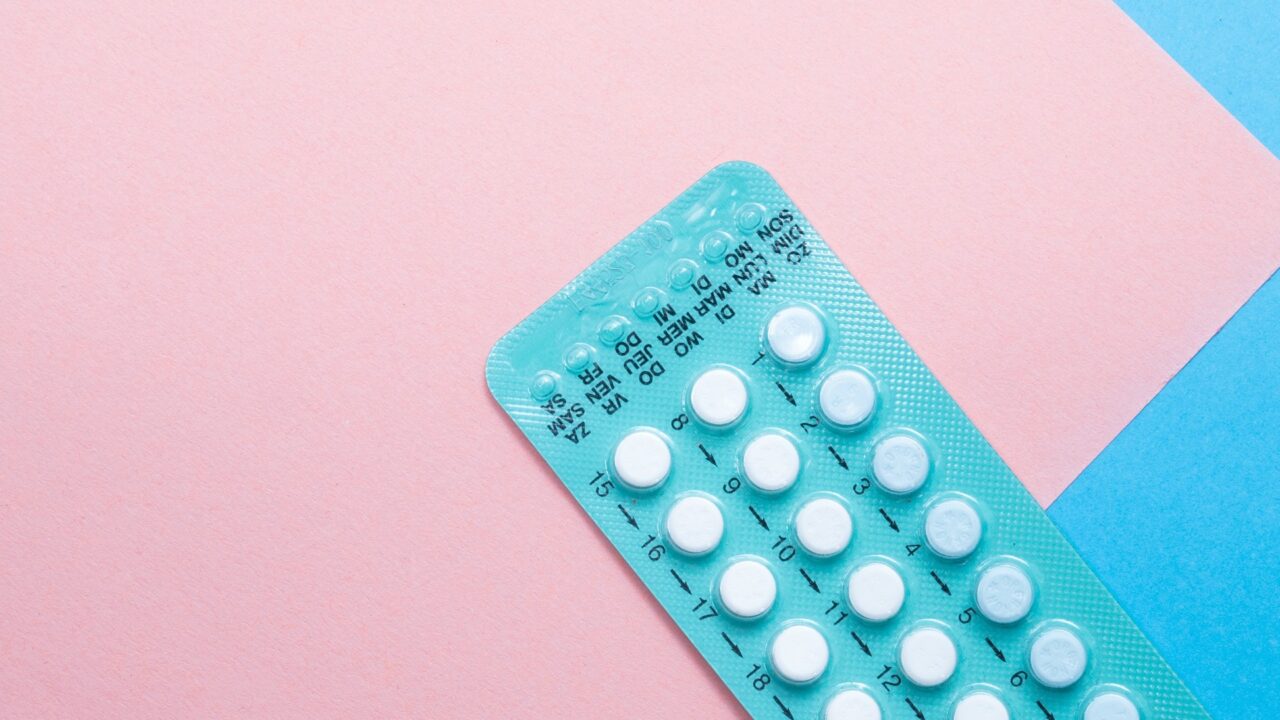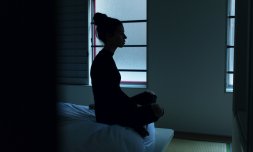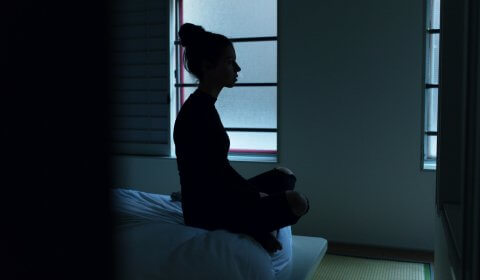Influenced by a recent TikTok trend warning against the mental and physical health implications of artificial birth control, an increasing number of young women are ditching the pill in favour of more ‘natural’ options.
Recent studies show that the intake of the pill is decreasing. Early this year, the UK government reported that the rate of ‘short-acting combined oral contraceptives’ remains 30 per cent below the pre-pandemic level when prescribed from primary care, and 50 per cent below the pre-pandemic level when prescribed from Sexual and Reproductive Health (SRH) services.
Meanwhile, over on TikTok, a slew of users have recently begun recounting how birth control has negatively affected them, from causing low sex drives and drastic weight gain to triggering mood swings and depressive episodes.
With research to back this up, showing a correlation between the pill and these ramifications, as well as higher rates of suicide and stress reactions similar to PTSD survivors, Gen Z’s attitude towards hormonal contraception is changing.
Now, I was sixteen when I went on the pill, not even a year after I started menstruating. It was prescribed to me by a doctor as a remedy for the excruciating cramps I was gritting my teeth through once a month – likely the result of a later-than-average first period.
As they told me, levonorgestrel (a progesterone-only option due to my mild oestrogen allergy) would reduce the severe pain (dysmenorrhea) and heavy bleeding (menorrhagia). What they didn’t tell me, however, was that it would wreak havoc on my mental health, a side effect you’ll only see hinted at in the multi-page pamphlet if you squint.
@broganperry Being a lass isn’t easy 🫠 #fyp #contraception #thepill ♬ Originalton – eda bozkurt
I won’t go into too much detail, but it took almost a decade for me to realise that the tiny dose of artificial hormones I was ingesting without question on a daily basis was significantly impacting how I thought and felt.
And while this doesn’t apply to everyone – most people have no issues whatsoever with this form of contraception – I’m relieved it’s come to light that an increasing number of young women have experienced the same thing and that its opened the floor to raising more awareness about this generally underdiscussed challenge that many of us face.
So much so, in fact, that oral contraceptive use is declining among Gen Z and ‘natural’ approaches are becoming more popular.
‘I have noticed that many patients prefer non-hormonal birth control,’ says gynaecologist Dr Taraneh Shirazian.



















